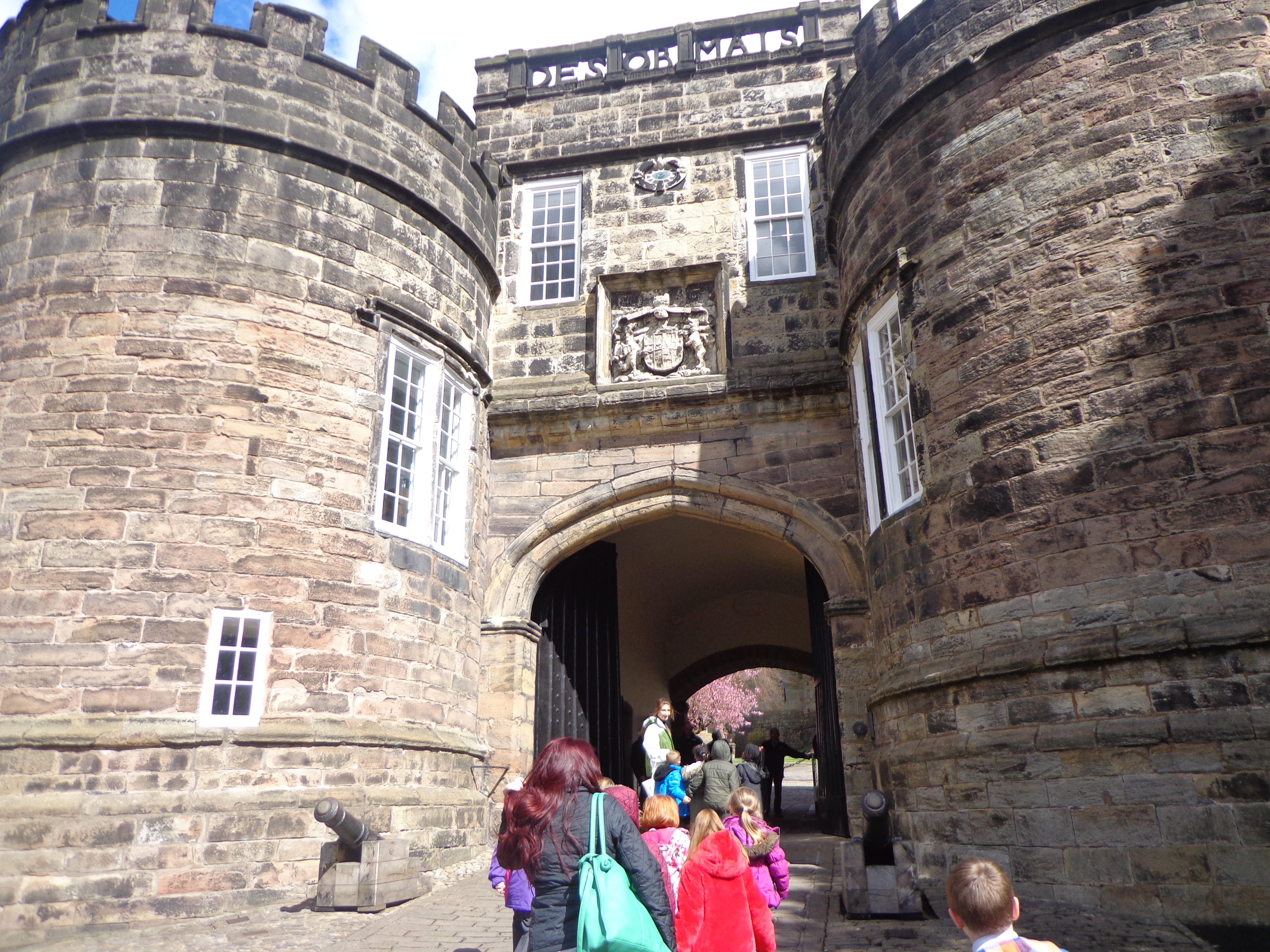History
Intent
At Dukesgate Academy, we believe that high-quality history lessons inspire children to want to know more about the past, and to think and act as historians. Our children have opportunities to: investigate and interpret the past; understand chronology; build an overview of Britain’s past as well as that of the wider world; and to learn to communicate historically.
At Dukesgate Academy the topics are informed by the national curriculum and are sensitive to children’s interests, as well as the context of the local area. We make full use of resources within the immediate and wider local area so that children can develop a deep understanding of the rich history around them. The history curriculum is carefully planned and structured to ensure that current learning is linked to previous learning, and that the school’s approaches are informed by current pedagogy.
We develop children with the following essential characteristics to help them become historians:
- An excellent knowledge and understanding of people, events and contexts from a range of historical periods, including significant events in Britain’s past
- Learning about the concept of chronology, which underpins children's developing sense of period, as well as key concepts such as change and causation
- The ability to support, evaluate and challenge their own and others’ views using historical evidence from a range of sources
- The ability to think, reflect, debate, discuss and evaluate the past by formulating and refining questions and lines of enquiry
- A respect for historical evidence and the ability to make critical use of it to support their learning
- A developing sense of curiosity about the past and how and why people interpret the past in different ways

Implementation
History is taught in blocks throughout the year, so that children achieve depth in their learning. Teachers have identified the key knowledge and skills of each topic and consideration has been given to ensure progression across topics throughout each year group. By the end of year 6, children will have a chronological understanding of British history from the Stone Age to the present day. They are able to draw comparisons and make connections between different time periods and their own lives. Interlinked with this are studies of world history, such as the ancient civilisations of Greece and the Mayans.
As part of the planning process, teachers plan the following:
- A knowledge organiser which outlines knowledge (including vocabulary) all children must master
- A cycle of lessons for each subject, which carefully plans for progression and depth
- A low stakes quiz which is tested regularly to support learners’ ability to block learning and increase space in the working memory
- Challenge questions for pupils to apply their learning
- Trips and visiting experts who will enhance the learning experience
All children will have Quality First Teaching. Any children with identified SEND or in receipt of Pupil Premium funding may have additional or different work to their peers, depending on their needs, in order to access the curriculum. As well as this, our school offers a demanding and varied curriculum which provides children with a range of opportunities to enable them to reach their full potential and consistently achieve highly from their starting points.
Impact
Our history curriculum is high quality, well thought out and is planned to demonstrate progression. If children are keeping up with the curriculum, they are deemed to be making good or better progress. In addition, we measure the impact of our curriculum using the following methods:
- A reflection on standards achieved against the planned outcomes.
- Pupil voice and discussions about their learning.
- Assessing children’s understanding of topic linked vocabulary before and after the unit is taught.
- Summative assessment of pupil discussions about their learning.
- Images and videos of the children’s practical learning.
- Moderation staff meetings where pupils’ books are scrutinised and there is the opportunity for a dialogue between teachers to understand their classes' work.
- Annual reporting of standards across the curriculum.
- Marking of written work in books.